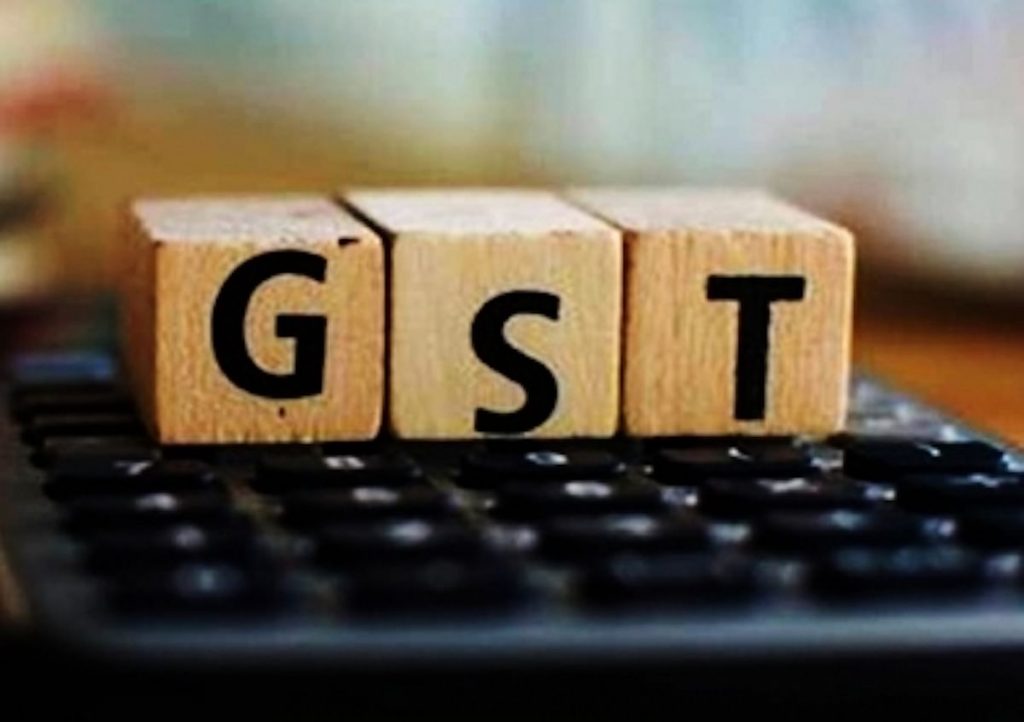THIRUVANTHAPURAM: The Seventh Governing Council meeting of Niti Ayog saw Kerala making a strong pitch for reviewing the decision to impose tax on essential items and co9ntinuing the GST compensation for the revenue loss to the States for five more years.
A clear-cut and forceful enunciation of Kerala’s stand was made by Chief Minister Pinarayi Vijayan who attended the meeting. The demands included, among others, lifting of the restrictions imposed on the borrowing limits of the States in view of the debilitating blow administered on the State’s economy by the pandemic.
The CM also took the opportunity to voice the State’s concern over the challenges faced by cooperative federalism. In this connection, Pinarayi laid accent on the need for a legislation on subjects in the Concurrent List to be initiated only through consultations with the States. The Union Government, he said, should also avoid enacting legislation on the items that come in the State List.
The meeting also saw the Chief Minister making a forceful plea for a legislation to circumvent the Supreme Court’s directive to impose an ecologically sensitive buffer zone within a one-kilometer radius of national parks and wildlife sanctuaries. The apex court’s decision had caused grave concern in Kerala because of the fact that forests constitute nearly 30 per cent of its geographical area. The Opposition to the SC directive is strongest in Wayanad and Idukki districts, which have a 74.1 per cent and 72.33 per cent respectively. Both the districts witnessed angry demonstrations against the apex court order.
Kerala is also insistent on the Union Government lifting the curbs it has imposed on the States’ borrowing limits. Such a directive adversely affects the State’s plans for infrastructure development by raising money from the open financial market through legitimate special purpose vehicles, as the State has done via the Kerala Infrastructure investment Fund board(KIIFB).
The Chief Minister also drew the attention of the Union Government to the pathetic plight of the coastal area population. People living in these areas are vulnerable to the vagaries of weather. The State’s 590-km long coastline is susceptible to soil erosion. This being the harsh reality, the Union Government, Pinarayi said, should extend both financial and technical support so that the State can protect its coastline from tidal surges during monsoon.
Another serious problem which the State is facing is the cut in its kerosene quota. This has posed serious problems for the fishermen community. In view of the magnitude of the problem , the CM demanded that the Centre reinstate the allocation.
Kerala strongly opposed the Electricity(Amendment) Bill 2022, which is set to be introduced in Parliament. The State’s Power Minister K. Krishnankutty urged the Union Government to revoke the bill, bringing it to the notice of the latter that the State assembly had unanimously requested the Union Government not to pass the amendment. The Bill, if passed, will have far-reaching consequences for the State. The unkindest cut will be that the consumers in the rural areas and the farming and tribal sector will lose the existing subsidy on power. The proposed amendment will also see the corporates entering the power distribution network to the detriment of the poor and middleclass consumers. Kerala, incidentally, is keen to ensure that power remai8ns in the public sector.
The Chief Minister’s firm and forthright stand on a host of problems plaguing the State also effectively countered the Opposition’s propaganda that the CPI(M), which heads the coalition government in the state has reached a secret understanding with the BJP. That being the backdrop, the strong opposition Kerala has made at the Niti Ayog meeting has come not a day too soon. The State hopes that the Union Government will look into Kerala’s genuine grievances and initiate expeditious remedial measures. Failure to do so would mean that the Centre is only paying lip service to the laudable concept of cooperative federalism.(IPA Service)




 Is Indian Economy As Strong As Claimed By FM Nirmala Sitharaman
Is Indian Economy As Strong As Claimed By FM Nirmala Sitharaman 